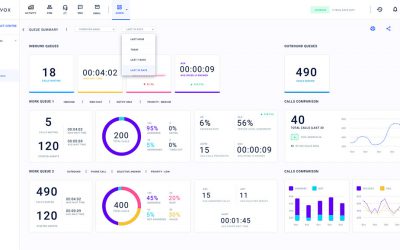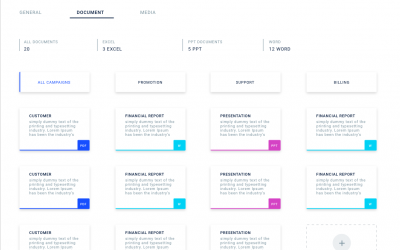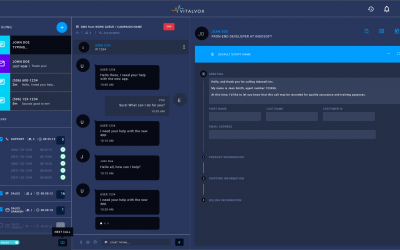In today’s fast-paced world, efficiency is crucial for contact centers striving to deliver superior customer service. One powerful approach to achieving this is by adapting Lean principles effectively to enhance contact center efficiency. By minimizing waste and optimizing processes, Lean methodology empowers organizations to work smarter, not harder. Let’s explore how these principles can transform contact center operations.
Understanding Lean Methodology in Contact Centers
Although Lean methodology originated in manufacturing, it has now been widely embraced across industries, including contact centers. At its core, Lean focuses on eliminating waste, which refers to any activity that fails to add value from the customer’s perspective. In a contact center, waste often manifests in the form of long hold times, repeated customer interactions, or inefficient agent workflows.
Therefore, by emphasizing continuous improvement and maximizing value, Lean principles enable contact centers to streamline operations while significantly boosting overall performance.
Identifying Common Forms of Waste
To begin adapting Lean principles, leaders must first identify the types of waste commonly found in contact centers. These typically include:
- Overproduction: Agents handling customer inquiries that could have been avoided with better self-service options or clearer information.
- Waiting: System delays, miscommunication, or procedural bottlenecks causing agents or customers to wait unnecessarily.
- Excess Motion: Agents taking unnecessary steps or searching for information that should be readily available.
- Rework: Agents correcting errors caused by poor communication or incomplete data during earlier interactions.
By reducing these inefficiencies through targeted Lean interventions, contact centers can achieve significant time savings and improved customer satisfaction.
Optimizing Processes with Lean Tools
Fortunately, Lean offers several tools and techniques that are highly applicable to contact centers. One popular tool is Value Stream Mapping (VSM), which visualizes the entire flow of a customer inquiry, from the moment a call arrives until its resolution. By mapping this process, contact centers can easily identify areas where delays, errors, or excess steps slow down performance.
Another effective Lean tool is Kaizen, which focuses on continuous improvement through small, incremental changes. By encouraging agents to suggest improvements in their workflows, contact centers create a culture of accountability and engagement, which ultimately leads to better performance and higher job satisfaction.
Enhancing Agent Efficiency Through Lean Training
In addition to optimizing processes, adapting Lean principles also involves equipping contact center agents with the necessary training. For instance, by empowering agents with Lean techniques, such as 5S (Sort, Set in Order, Shine, Standardize, Sustain), organizations create more organized and efficient workspaces. Consequently, a well-structured environment enables agents to handle customer inquiries more quickly and with fewer errors.
For example, organizing and standardizing knowledge management systems allows agents to spend less time searching for information and more time assisting customers. Moreover, continuous feedback loops, a key aspect of Lean, help agents constantly improve their methods. This leads to sustained improvement over time.
The Impact of Lean on Customer Satisfaction
Ultimately, the goal of adapting Lean principles is to enhance both operational efficiency and customer satisfaction. Reducing waste and optimizing processes enables contact centers to respond more swiftly to customer inquiries. As a result, this not only improves first-call resolution rates, but also shortens average handle time—two key metrics that directly drive customer satisfaction.
Additionally, Lean methodologies create a smoother experience for both agents and customers. This, in turn, helps build stronger relationships and trust. When customers are happy, they are more likely to remain loyal, and satisfied agents will contribute to a more positive workplace culture.
Conclusion: Adapting Lean Principles Effectively
Adapting Lean Principles Effectively provides long-term benefits for your contact center that go far beyond immediate cost savings. By continuously refining processes, cutting down on waste, and fostering a culture of ongoing improvement, contact centers can stay competitive and thrive in today’s customer-driven landscape.
Contact Us
Ready to enhance your contact center’s efficiency with Lean principles? Contact us today to learn how our tailored solutions can help you minimize waste, optimize processes, and elevate your customer service experience.



